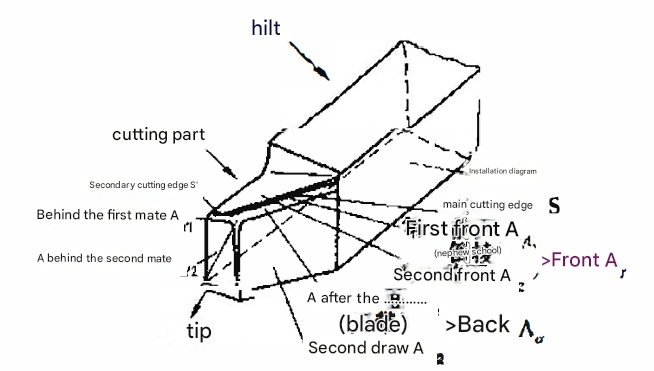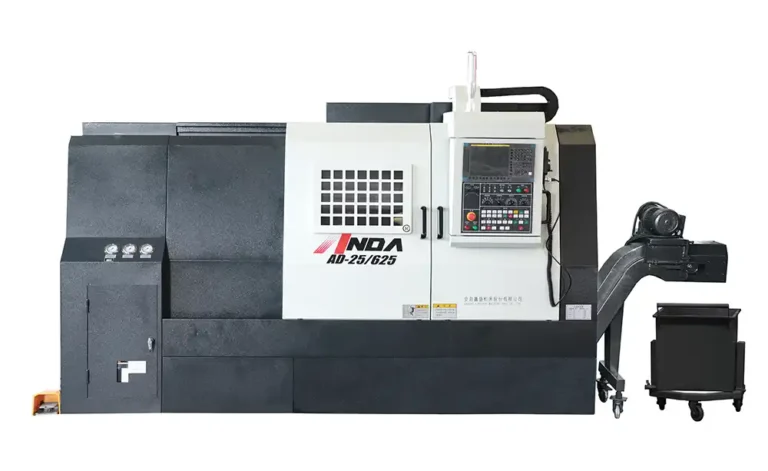How to Choose the Right Machine Tool Manufacturer as a Customer
Introduction
Buying a machine tool is no small decision—it’s a serious investment that directly affects your productivity, efficiency, and ultimately, your profits. Whether you’re setting up a new workshop or upgrading your current equipment, choosing the right manufacturer can mean the difference between long-term success or constant repair headaches. But with so many suppliers out there, how do you make the right choice?
Let’s break it down in simple, practical steps.
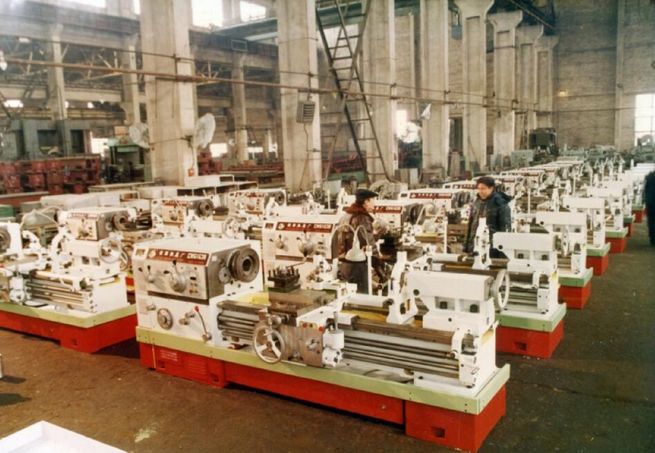
Understanding Your Needs First
Before you even start Googling manufacturers, sit down and ask yourself: what do I really need?
Define Your Production Requirements
Are you producing small, precise parts? Or are you working with massive steel rollers that need heavy-duty lathes? Your production volume, material types, and accuracy requirements will steer your decision.
Identify Key Specifications Needed
Think spindle speed, motor power, machine size, tool turret types, automation compatibility, etc. Having a clear spec list helps you filter out irrelevant options fast.
New vs. Used Machine Tools
If budget is tight, you might consider second-hand machines. But remember: a cheap used machine today might cost you more in downtime and repairs later.
Research the Manufacturer’s Reputation
The internet is your best friend here.
Look for Online Reviews and Testimonials
Check out forums, social media, and industrial directories. A solid reputation doesn’t come overnight—it’s earned through consistent performance.
Check Industry Certifications
Certifications like ISO 9001, CE, and other local or industry-specific standards prove the manufacturer follows strict quality practices.
Ask for References or Case Studies
Serious manufacturers will gladly show you customer stories, testimonials, and real-life projects they’ve completed.
Evaluate Technical Capabilities
Does the manufacturer just sell machines, or do they really understand how their machines work in your application?
Is the Manufacturer Using Modern Technology?
CNC systems, AI-based automation, IoT integration—today’s machines are smart. Pick a manufacturer that’s keeping up with tech trends.
Range of Products Offered
More variety means more expertise. A broad product line often signals a strong R&D base and adaptability.
Customization and Engineering Support
Can they customize a machine to meet your needs? Good manufacturers offer engineering consultations before you even place an order.
Quality Control Standards
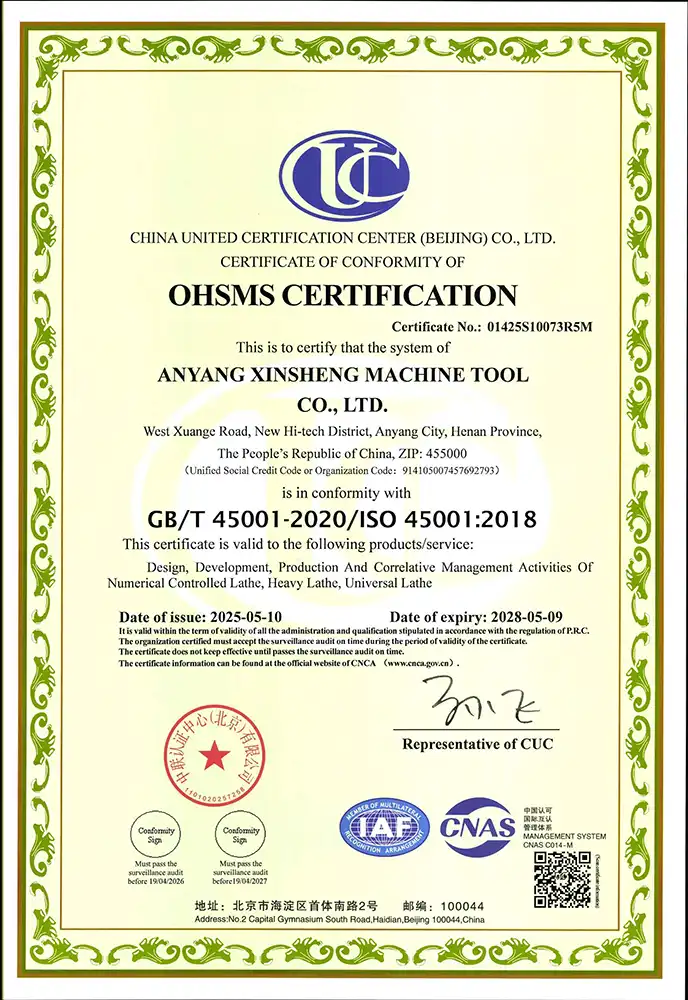
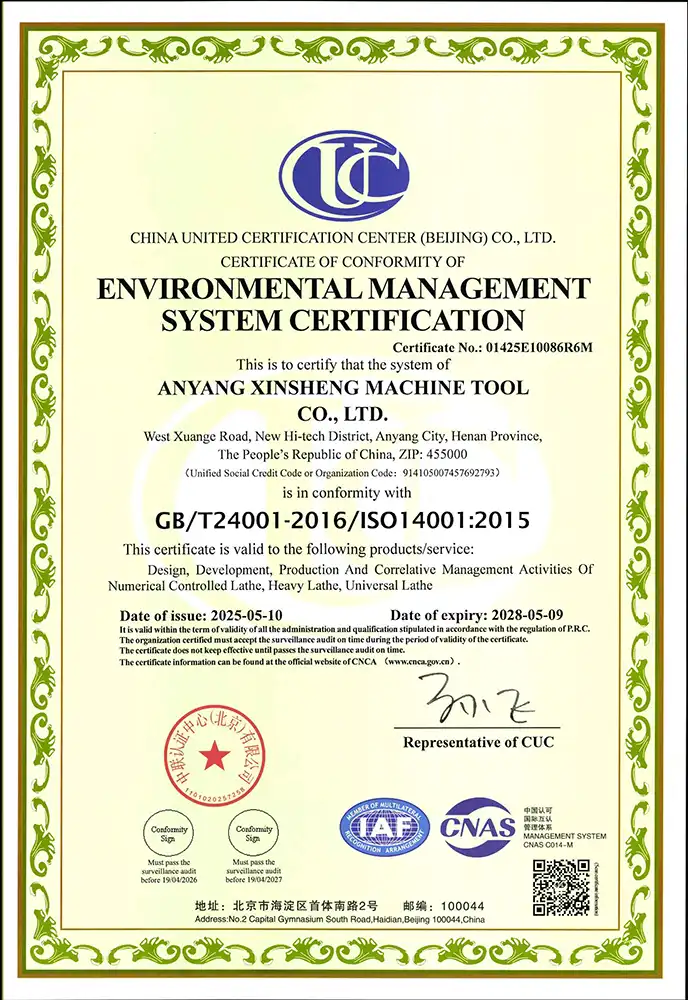
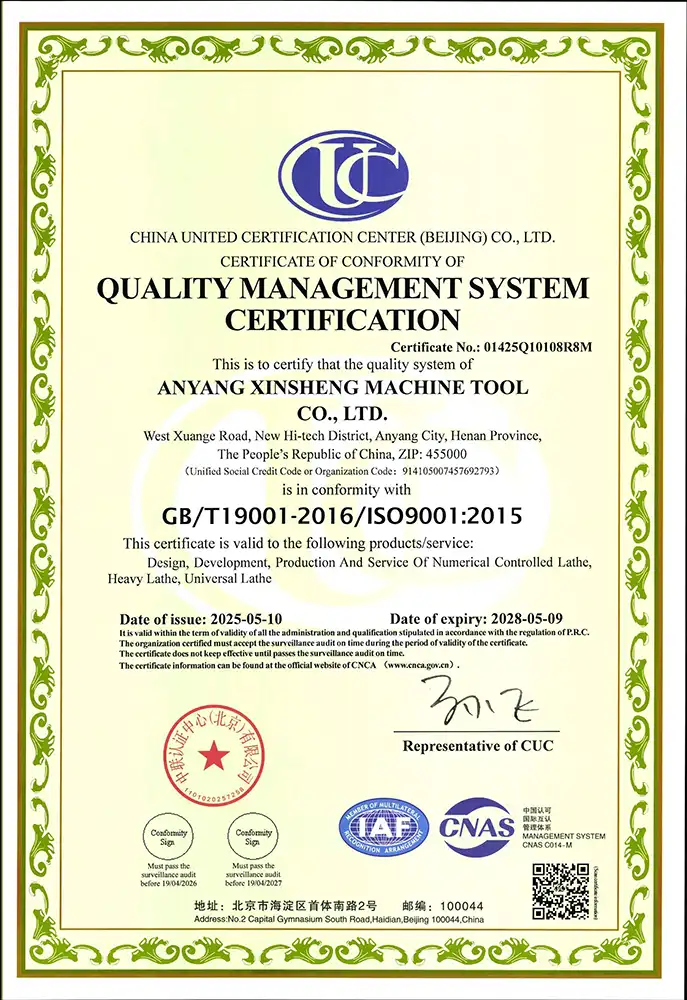
ISO Certification and QA Processes
Don’t take their word for it—ask to see their QA process. ISO-certified companies follow globally recognized quality systems.
Material Sourcing and Testing
Ask where they source casting materials, spindles, and bearings. Bad materials = short machine life.
Product Testing Before Delivery
Do they conduct full-load tests before shipping? A proper test ensures your machine is plug-and-play on arrival.
After-Sales Support and Service
Your relationship with the manufacturer doesn’t end after delivery. That’s when it really starts.
Installation and Commissioning
Do they send a technician to install and test the machine on-site?
Training Programs for Staff
Do they offer training for your operators and maintenance team?
Spare Parts Availability and Service Network
How quickly can they get spare parts to you? Do they have local partners or a 24/7 hotline?
Price vs. Value
Why the Cheapest Isn’t Always the Best
Low upfront cost often means high long-term cost. Consider quality, support, and lifespan—not just the price tag.
Understand the Total Cost of Ownership
This includes maintenance, downtime, energy use, spare parts, training, and more. Sometimes, paying more upfront saves money in the long run.
Visit the Factory (If Possible)
If logistics and budget allow, go see the factory with your own eyes.
On-Site Inspections
You’ll learn a lot from how clean, organized, and professional the factory is.
Assessing Production Facilities and Work Culture
Good machines come from good people. A factory with skilled, motivated workers usually delivers better quality.
Check Global Presence and Export Experience

Manufacturers with International Clients
If they’ve exported to the US, Europe, or Japan, they’ve probably passed strict inspections and compliance tests.
Compliance with Export Regulations
Ask about shipping documentation, customs assistance, and any required local certifications.
Communication and Responsiveness
How fast do they respond? Are they easy to talk to?
Fast, Clear, and Professional Communication
Delays in communication = delays in production. Period.
Language Barriers and Cultural Awareness
Pick a partner that understands your market and speaks your language—literally and culturally.
Innovation and R&D Commitment
Companies That Invest in Innovation
A strong R&D team keeps the company ahead of the curve—and that benefits you too.
Awards and Patents
Innovation awards and technology patents show they’re not just copy-pasting someone else’s designs.
Sustainability and Environmental Responsibility
Eco-Friendly Manufacturing Practices
This isn’t just a “green” thing—it also reflects the company’s discipline and integrity.
Energy-Efficient Machinery
Lower power consumption = lower bills for you. And it’s good for the planet.
Warranty and Guarantee Policies
Duration and Coverage
A 1-year warranty is standard. That’s confidence.
What’s Excluded?
Check the fine print. Know what’s covered—and what isn’t.
Trust Your Instincts and Experience
Gut Feel Matters in B2B Deals
Did they listen to your needs or just push a catalog on you?
Long-Term Relationship Building
The right manufacturer is not just a vendor—they’re a partner in your success.
Conclusion
Choosing the right machine tool manufacturer isn’t just about buying a piece of equipment—it’s about building a relationship that supports your growth, stability, and profitability for years to come. Do your homework, ask tough questions, and never settle for less than quality, transparency, and value. The right manufacturer will not only supply a machine but also empower your success.
FAQs
Q1: How do I verify if a machine tool manufacturer is legitimate?
Check their business license, certifications, factory address (via Google Maps), and ask for customer references or third-party inspection reports.
Q2: What are red flags when choosing a machine tool supplier?
Lack of communication, no certifications, unwillingness to provide references, and overly low prices should all raise concerns.
Q3: Is it better to buy locally or from overseas?
Both have pros and cons. Local support is better domestically, but overseas (especially from China) can offer better pricing and variety—just choose a reputable exporter.
Q4: How important is machine tool customization?
Very. Customization ensures the machine fits your exact production needs, which improves efficiency and reduces waste.
Q5: Should I worry about language barriers with foreign manufacturers?
Only if communication is poor. Many top exporters have professional English-speaking sales teams and support staff.

